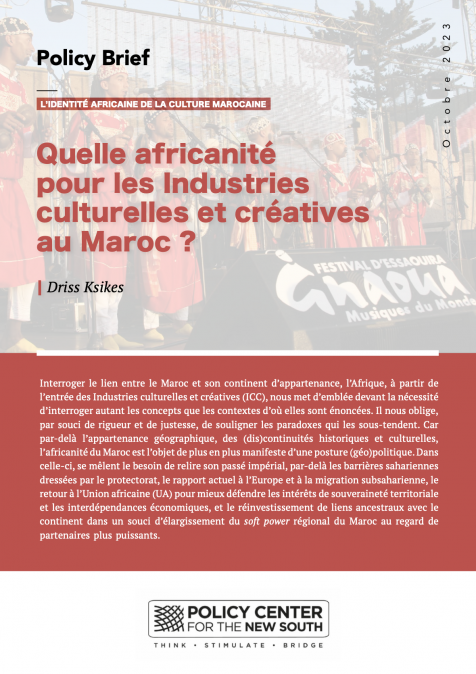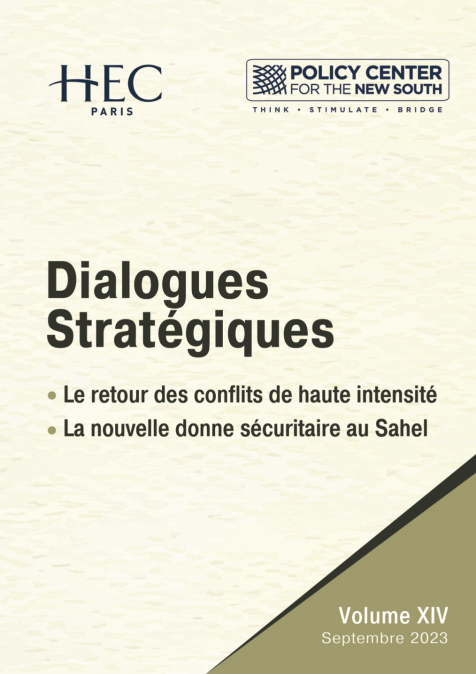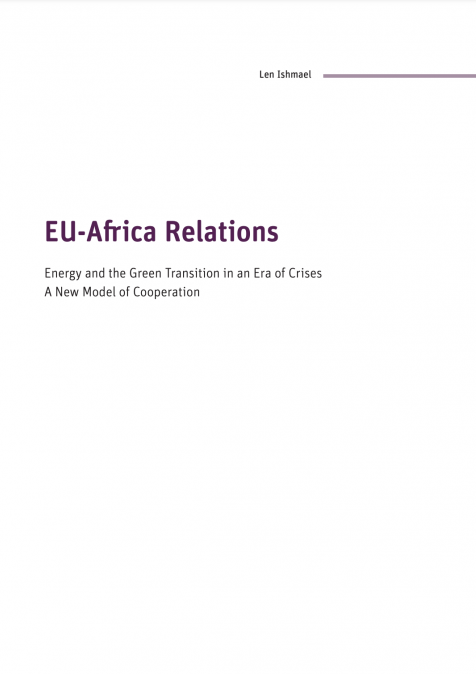Publications /
Policy Brief
This Policy Brief offers a new perspective on African migration to Europe, by proposing to invest in the economic and human capital represented by African migrants. This would require professional training of candidates wanting to migrate, mainly those motivated by the search for employment opportunities in Europe. The professional training should enable them to develop skills in par with the demand in the European labour market and hence boost their chances in succeeding in the host societies.
The idea of setting up immigration training and qualification centers in some African countries would be intended to replace the one of the “hot spots” suggested by some European countries. Specialists can refine the political details and technical aspects of such an initiative, but its pillars can be identified such as the eligibility criteria of African countries that may host these centers and the potential actors to be involved in the initiative.








